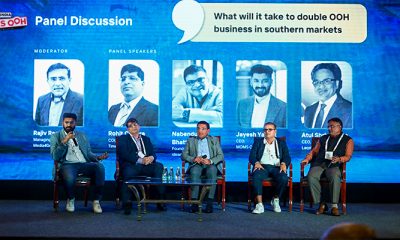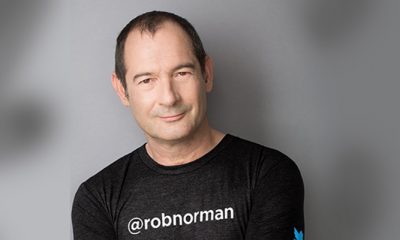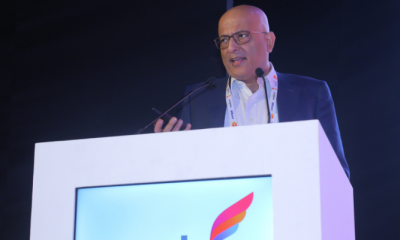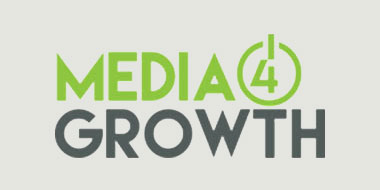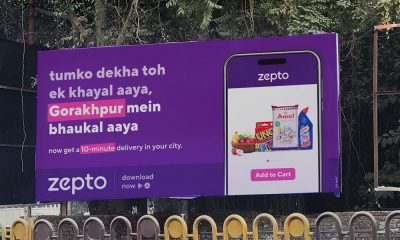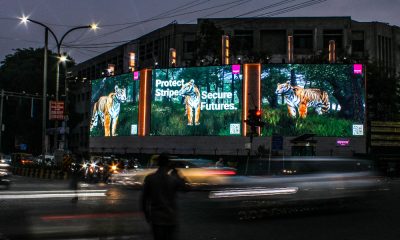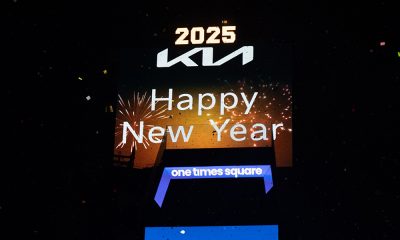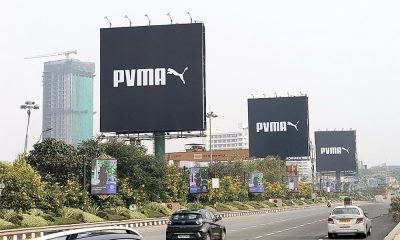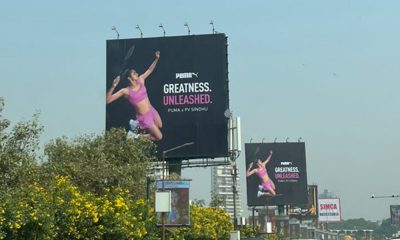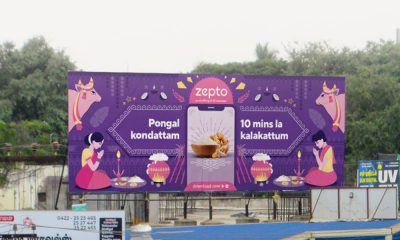Campaigns
Do the DOOH
When other media formats are going through rapid digital metamorphosis, how far can OOH lag from the digital boom? Outdoor Asia went out to do a reality check.
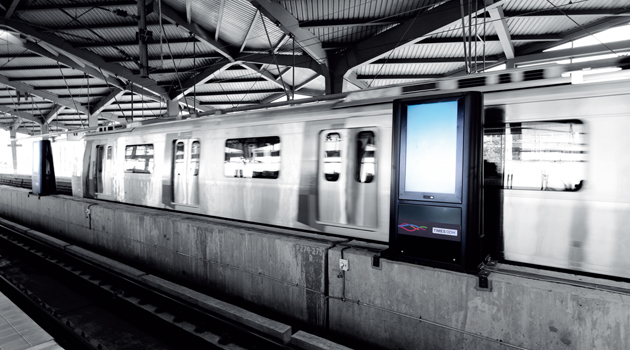 The impact of Times Square and how digital OOH can work wonders for brands has remained the talking point for brand marketers and OOH agencies for years now. Sadly, it has failed to achieve even a close reality in India. When other media formats are going through rapid digital metamorphosis, OOH has only brushed the surface of this digital boom? Outdoor Asia went out to do a reality check.
The impact of Times Square and how digital OOH can work wonders for brands has remained the talking point for brand marketers and OOH agencies for years now. Sadly, it has failed to achieve even a close reality in India. When other media formats are going through rapid digital metamorphosis, OOH has only brushed the surface of this digital boom? Outdoor Asia went out to do a reality check.
Digital OOH : Where are we?
In a recently held conference on smart cities in India, the use of digitally-enabled OOH media was projected as the need-of-the-hour. With other mediums coping fast in the digital environment, out-of-home has to peer towards digital sooner than later in order to stay afloat. According to Vivek Lakhwara, President, Rapport Outdoor Limited, “Digitally driven OOH media is still a frequency media and not generating reach. Therefore, its selection happens only after other OOH media is included, or in niche campaigns.
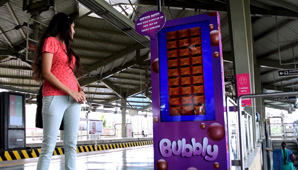 But Times Group strongly believes that digital is the future of OOH and constantly invests in it. Rohit Chopra, CEO, Times Innovative Media – Delhi Airport (TIMDA) mentions, “It is still at a very nascent stage. We need more investments from the brands as well from the media owners. Pointing at the scenario in India and abroad, Chopra added, “Increasingly, OOH and mobile are working synergistically, giving brands a chance to boost engagement through coupons, discounts and entertainment and more accurately measure campaign impact. It is already happening abroad effectively and will soon be seen more often here.
But Times Group strongly believes that digital is the future of OOH and constantly invests in it. Rohit Chopra, CEO, Times Innovative Media – Delhi Airport (TIMDA) mentions, “It is still at a very nascent stage. We need more investments from the brands as well from the media owners. Pointing at the scenario in India and abroad, Chopra added, “Increasingly, OOH and mobile are working synergistically, giving brands a chance to boost engagement through coupons, discounts and entertainment and more accurately measure campaign impact. It is already happening abroad effectively and will soon be seen more often here.
Soumitra Bhattacharyya, CEO, Madison OOH believes that digitally driven OOH can mean an interactive digital media property or a digitally-integrated OOH campaign. “Currently the first part is happening only in secured environment like malls etc because of security concerns. The reach is very limited. Bhattacharyya adds.
Lokesh Kumar, Director, IKON OOH is of the opinion that OOH in India is lagging on technology front. “Until we change the mindsets of the highly cost-conscious market, it would always remain a one-off innovation and not part of our thinking and application for regular OOH campaigns, Kumar said. Ambient media, experiential marketing etc have already incorporated digital to some extent. Adding hope to the scenario, Atin Gupta, Director, Atin OOH, said, “I am convinced that OOH, well, at least the ambient and transit part will be very digitally-enabled in the next 5 years.
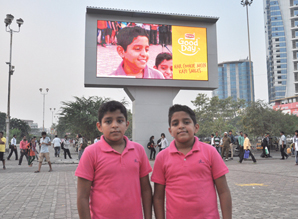 Hurdles to cross
Hurdles to cross
When tracking and monitoring of ROI is an impending issue in outdoor, digital seems to have the solution up its sleeves. “For a client, the advantages from advertising on digital OOH media are manifold. They deliver and facilitate impact, reach, zero to low production cost, real time change over, etc. However, these benefits will accrue only if there is a multi-location digital OOH network, Kumar says.
And to grow the network, OOH needs maximum investments at all levels. Atul Srivastava, Laqshya Media Group comments, “Digitally driven OOH formats are costly and media owners aren’t very sure of investing. We have seen digital growing slowly in ambient media where, it’s way too easy and convenient to monitor.
But if you go by the these industry experts, cost-constraint acts as a challenge while government regulations are not friendly enough too. “We lack transparent, practical and industry friendly policies unlike the western market, Chopra exclaims.
In India, whatever little digital OOH we spot today are in limited secured environments. So how do we grow our reach? talking on the same, Lakhwara mentioned, “First, it should be seen as much as traditional OOH media and not just at airports and malls/offices. However, theft is the biggest challenge.
 Looking forward
Looking forward
It requires a hand-in-hand growth when it comes to widespread reach of digital OOH. Government should work towards beautifying the city, while brands should think beyond the usual and media owners should offer right environment. Bulleted more towards the brands, Chopra explained, “Digital comes with a lot value added services such as interactivity and engagement, contextual advertising, faster turn-around time, monitoring and accountability etc. Its just a matter of time, where the early adopters will force a change in the overall mindset. Innovative thinking should be part of all quarters starting from the brands to the executors. Soumitra rightly says that the idea has to encompass the OOH domain as well as digital, so we need individuals who are experts in both. Agencies, who justify the ad spends of brands, should also be equally part of the game-changing process. “Agencies need to communicate to advertisers on how Digital Driven OOH Campaigns can create engagement by adding value and depth, Srivastava says.
While there is no way to predict the growth of DOOH in the country, we can certainly say that the stakeholders of the industry and advertisers are increasing their faith in this medium and meandering through the hurdles that obstruct the evolution of OOH to a more digitised one. In conclusion, we can say that the path to pursue this must be only a positive one!



